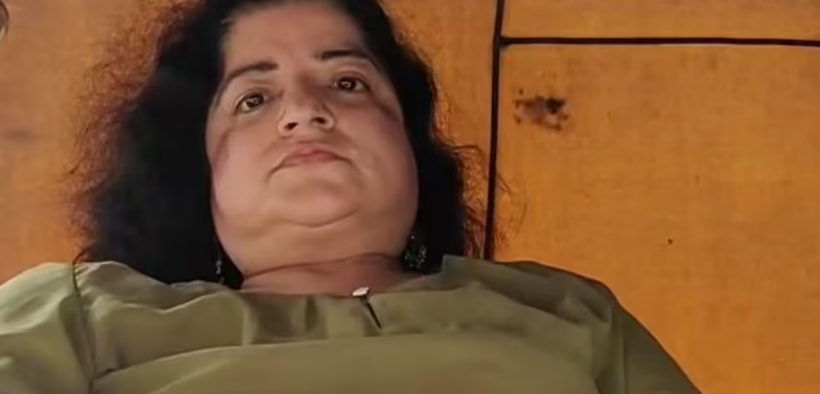Kumari Chandrakanta Jethani, a government school teacher from Indore, is grappling with severe physical pain after becoming partially paralysed—she says due to incorrect medical treatment. Despite her condition, she continues teaching for long hours from a wheelchair. Describing her life as unbearable and unsupported by the system, she has formally appealed to President Droupadi Murmu for euthanasia.
Advertisements

Beyond her plea, Jethani’s commitment shines: she has donated all her assets to six poor students and pledged her body and organs to MGM Medical College—hoping they can give others a second chance.
Her extraordinary courage has sparked debate over euthanasia in India. She wrote, “I will not commit suicide because I teach my students to live with courage, but my body no longer supports me”.
⚖️ Is Euthanasia Legal in India?
-
Active euthanasia (i.e., intentionally ending a patient’s life by lethal injection or medical procedure) remains illegal in India.
-
Passive euthanasia, involving the withdrawal or withholding of life-sustaining treatment in terminal or vegetative cases, was legalized by the Supreme Court in 2011 (Aruna Shanbaug case) and reaffirmed in 2018 (Common Cause case), with procedural simplifications introduced in January 2023.
-
Passive euthanasia is permissible only under strict conditions:
-
The patient must be terminally ill or permanently vegetative.
-
A valid advance medical directive (living will) must exist.
-
Approval from medical boards and the High Court (or equivalent authority) is required.
Since euthanasia can only proceed via passive mechanisms under a very defined legal framework, Jethani’s request—aimed at intentionally ending her life—falls outside legal provision unless she is in a terminal or vegetative state and meets all legal criteria, which is not the case described.
✅ Summary Table
| Aspect |
Status in India |
| Active euthanasia |
Illegal |
| Passive euthanasia |
Legal under strict conditions |
| Requirements |
Terminal condition or vegetative state, living will, medical board + court approval |
| Jethani’s case |
Medical condition not clearly terminal; request for active euthanasia is not legally permissible |
While Jethani’s situation is deeply tragic, Indian law currently allows only passive euthanasia under stringent safeguards. Her plea for active euthanasia cannot be granted within existing legal frameworks. The Supreme Court’s guidelines provide for dignified end-of-life care—but only through lawful channels.


